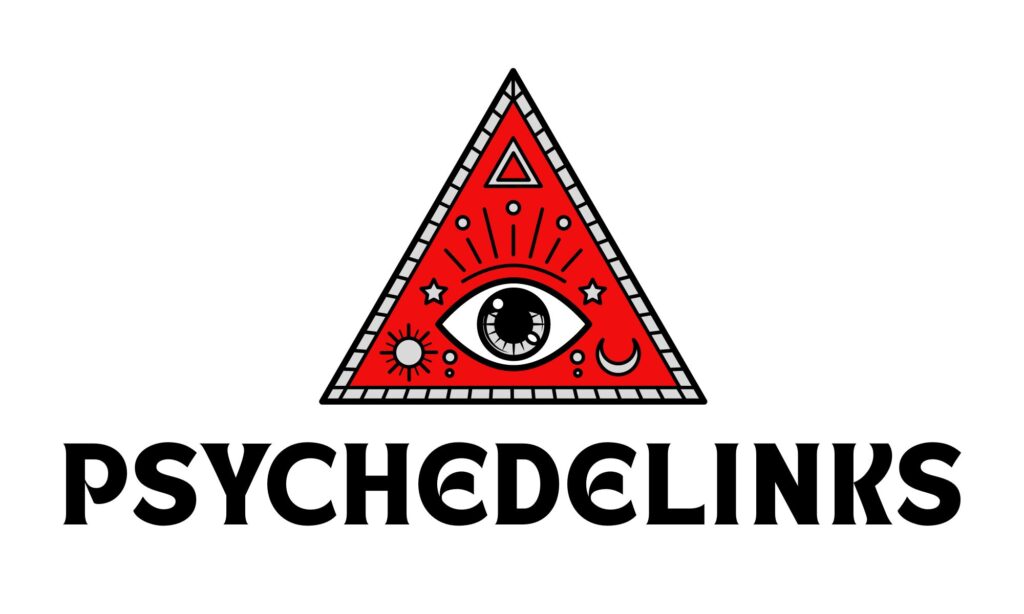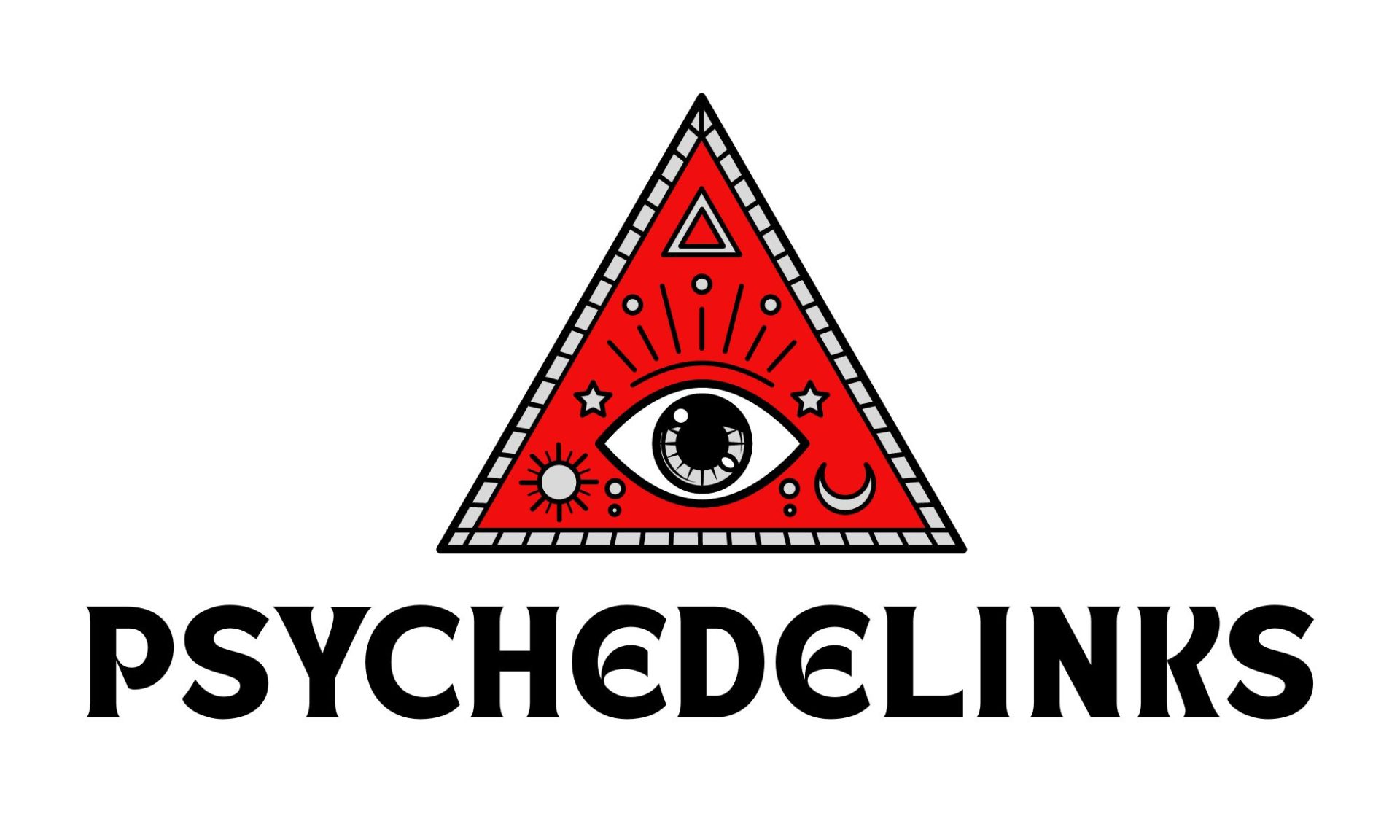PsychedeLinks is a curated selection of top news stories impacting business, research, and culture in the psychedelics ecosystem, crafted by Emerge Law Group’s groundbreaking Psychedelics Group.
Emerge’s Hot Take
Denver Launches Psychedelic Training for Emergency Responders
The Multidisciplinary Association for Psychedelic Studies (MAPS) announced the launch of its Psychedelic Crisis Assessment and Intervention training program. The program was commissioned by the Denver Psilocybin Mushroom Policy Review Panel in 2020, and is “customized for law enforcement, mental health and emergency medical service personnel working for the City and County of Denver.” Per MAPS, the curriculum was developed over the course of three years, and includes instruction and assessments focusing on the history, usage, and potential psychological and physiological effects of specific psychedelics. It also contains sections on legal considerations for emergency responders and “best practices for harm reduction during psychedelic-related crises.” This program is part of an ongoing effort in Colorado to provide education and safety training following the decriminalization and legalization of various natural medicines, including psilocybin.
“Educating law enforcement and emergency responders about the effects of psychedelics and how to safely respond to situations is extremely important as states and cities across the country decriminalize and legalize various psychedelics,” says Emerge attorney Kaci Hohmann. “People navigating difficult situations deserve to be prioritized and shepherded to safety without the fear of physical force or incarceration. This new program provides a valuable framework for other communities to utilize.”
Other Noteworthy News
KTVZ BEND- “Drop Thesis opened a ‘state-of-the-art psilocybin service center’ in Bend. The new, legal facility said in its opening announcement that it ‘is now booking sessions and set to revolutionize the landscape of options available for individuals seeking alternative support options for mental health. With an unwavering commitment to providing compassionate, scientifically backed, and transformative experiences, Drop Thesis aims to lead the charge in the burgeoning field of psychedelic-assisted services.’ The Drop Thesis licensed facilitators and support staff have a background in the mental health industry. The facility offers group workshops, community events and educational programs. Drop Thesis Director of Services David Naftalin says, ‘What we’re doing here at Drop Thesis is we’re basically trying to connect the gap between ancient wisdom and Western medicine.’ [Eva] Porscello’s curiosity about guided experiences with psilocybin made her one of the first [clients] of Drop Thesis. Porschello described feeling ‘very different after, in a really positive way. I’ve just felt since then the feeling of peace, more connection. And I feel like that experience was really transformational for me, from just releasing.’”
CT Lawmakers Consider Decriminalizing Psilocybin Mushrooms
NBC CONNECTICUT – “[Connecticut] lawmakers are once again considering a bill to decriminalize small amounts of psilocybin, the drug in psychedelic mushrooms. Under the bill, anyone caught with a half-ounce or less would be fined $150 for a first offense and up to $500 for each offense after that. The bill proposes no changes to laws against growing or selling psilocybin. ‘In terms of decriminalizing and ensuring that someone who does have that small amount doesn’t face criminal penalties, I as an individual legislator thinks it’s fine to move forward with,’ Sen. Gary Winfield, (D-New Haven) said. Republicans weren’t sold on the bill. Sen. John Kissel, (R-Enfield), noted the Department of Mental Health and Human Services recommended Connecticut first run a pilot program to test the idea of letting people use psilocybin for medicinal purposes. Other Republicans had concerns about letting people use the drug. The state decriminalized marijuana in 2011, 10 years before the legislature voted to legalize the drug for recreational use. Democrats said this proposal is not a first step to do the same with psilocybin. ‘Frankly, this is a step towards saying this product should not be treated with a year in prison if someone is caught with it, and nothing more,’ rep. Steven Stafstrom, (D-Bridgeport), said.”
These Athletes Suffered Life-Changing Injuries. Then, They Turned to Psychedelics.
CNN – “Elite athletes experience mental health disorder symptoms and psychological distress at similar, if not higher, rates to the general population, researchers pointed out in a study published in the Journal of Applied Sport Psychology. Courtney Walton, an academic fellow in psychology at Melbourne School of Psychological Sciences, told CNN that many athletes fear seeking mental health support, believing ‘they may be perceived as somehow less competent or resilient than their peers and competitors, which can be made worse by upcoming team or coaching selection pressures.’ Walton explained it is ‘likely that psychedelic-assisted psychotherapy has particular appeal to athletes given the more time-constrained nature of treatment.’ He added that ‘psychedelics do not typically appear to have significant physical side effects’ which could appeal to athletes who have experienced or heard of negative experiences with psychiatric medicine affecting performance.
“‘The case is compelling when you look at this as a psychological treatment, where you might be treating depression or more or less any other psychiatric disorder with a couple of exceptions,’ Robin Carhart-Harris, Ralph Metzner Distinguished Professor of Neurology and Psychiatry at University of California San Francisco [and former head of the Centre for Psychedelic Research at Imperial College London], told CNN Sport. However, when it comes to treating brain injuries with psychedelics, ‘the truth of the matter is that there’s a lot that’s not known.’ Still, [Carhart-Harris] adds that psychedelics could be harnessed to enhance sporting performance, through enhancing discipline or helping people to process pressure or failure. ‘“Then you have the sort of positive psychology side, where you could use, for example, low doses of psychedelics to enhance some of the training, say, getting more into one’s body, more easily entering flow states, intense focus, not being too heady and cerebral. I think there is real potential for using psychedelics in a sort of skillful way.’”
WATCH: FDA Officials Join Experts To Discuss Psychedelics Research Challenges And Promises
MARIJUANA MOMENT – “Officials with the Food and Drug Administration (FDA) recently joined scientists at a public meeting on next steps for conducting research to develop psychedelic medicines. During the two-day event hosted by the Reagan-Udall Foundation earlier this month, multiple FDA representatives discussed the agency’s work to promote clinical trials into the therapeutic potential of substances such as psilocybin and MDMA. Academics and psychedelics drug development professionals also participated in the sessions.”
Advancing Psychedelic Clinical Study Design Discussion PT. 1
Advancing Psychedelic Clinical Study Design Discussion PT. 2
Subscribe
Subscribe to PsychedeLinks to receive essential biweekly articles on news, business, and culture in the psychedelics industry, delivered straight to your inbox.


